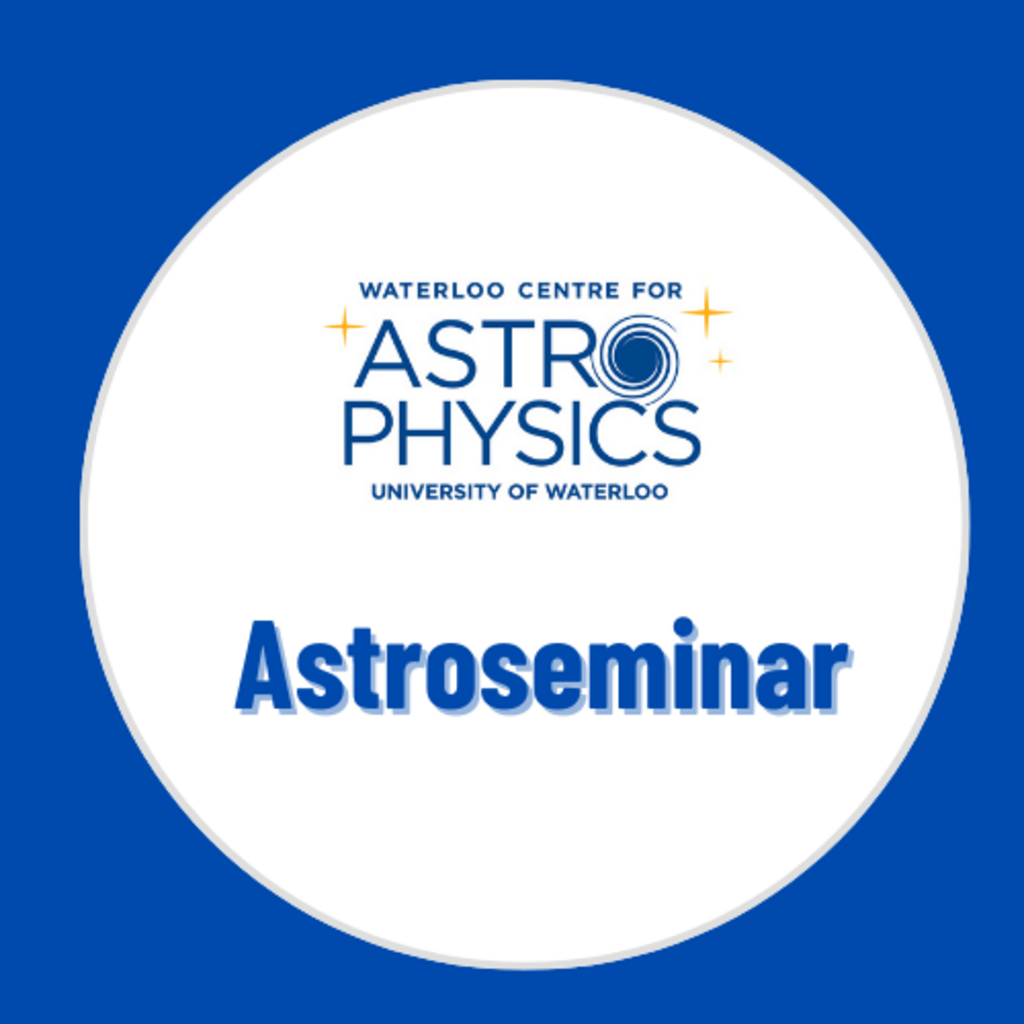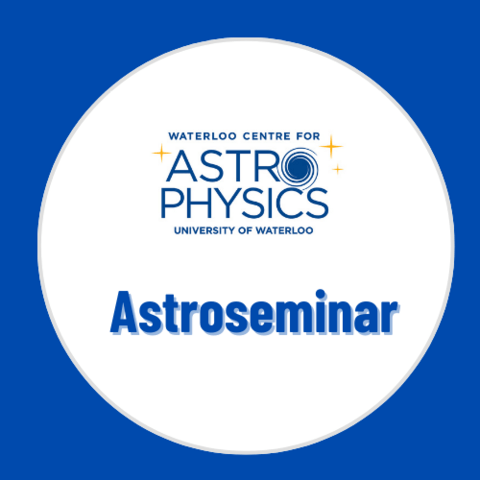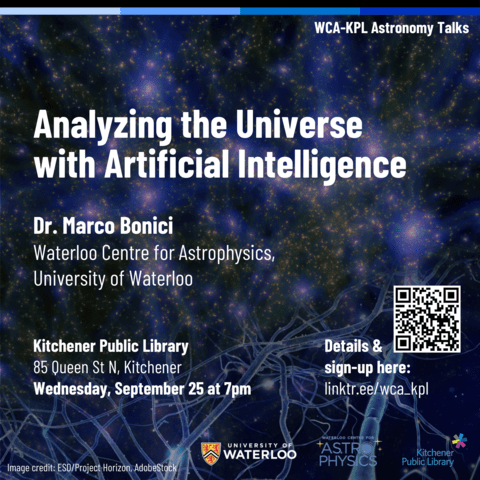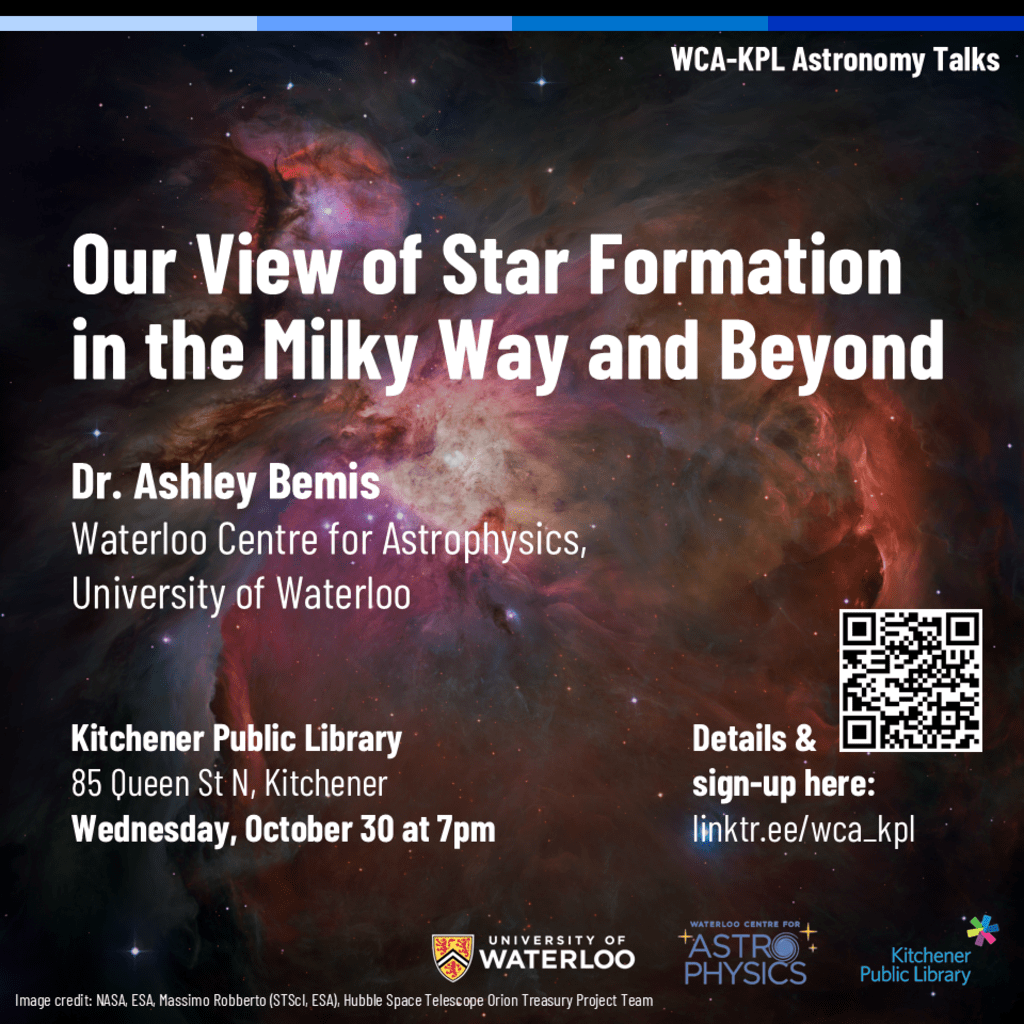Astroseminar - Tanveer Karim - IN PERSON
Tanveer Karim is an Arts & Sciences Postdoctoral Fellow at the University of Toronto and obtained his PhD from Harvard University in 2023. He is currently a co-lead of the Lyman-Break Galaxies Topical Team in the Dark Energy Science Collaboration (DESC) and has led efforts related to the Emission-Line Galaxies in the Dark Energy Spectroscopic Instrument (DESI) Collaboration.




